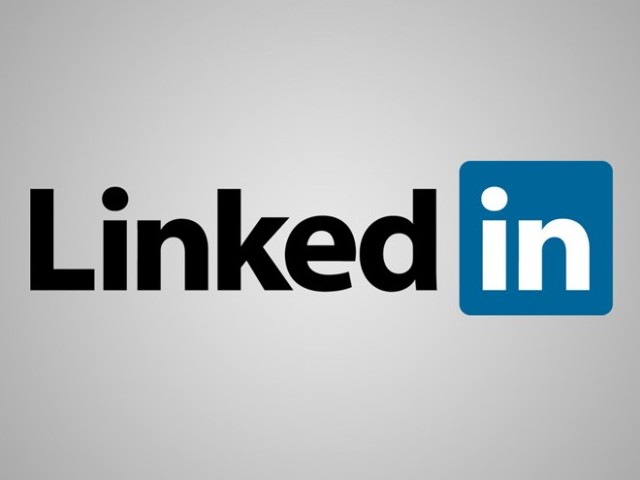A.Rafay
ELITE MEMBER

- Joined
- Apr 25, 2012
- Messages
- 11,400
- Reaction score
- 10
- Country
- Location
Information technology in Pakistan is a growing and rising industry that has a large potential. Matters relating to the IT industry are overseen and regulated by the Ministry of Information Technology of the Government of Pakistan. The IT industry is regarded as a successful sector of Pakistan economically, even in financial crisis.[3] The government of Pakistan has given numerous favors to IT investors in the country since last decade, that resulted in the development of the IT sector. In the years 2003-2005 the country's IT exports saw a rise of about fifty percent and amounted a total of about 48.5 million USD. The World Economic Forum, assessing the development of Information and Communication Technology in the country ranked Pakistan 102nd among 144 countries in the Global Information Technology report of 2012.
As of 2011, Pakistan has over 20 million internet users and is ranked as one of the top countries that have registered a high growth rate in internet penetration. Overall, it has the 15th largest population of internet users in the world. In the fiscal year 2012-2013, the Government of Pakistan aims to spend Rs. 4.6 billion on information technology projects, with emphasis on e-government, human resource and infrastructure development.
"Among the Asians, Pakistanis are the smartest people in the world in Information Technology." - William Henry Bill Gates | Former Chairman and Cheif Software Architect of Microsoft.
TOP 50 WEBSITES OF PAKISTAN
JumpShare, a File Sharing Tool from Pakistan, Launched
JumpShare.com, an online file sharing tool that enables its users to drag and drop filesto share and view 150 types of file formats including photos, videos, documents, presentations, code, and countless other file types, has been launched.
JumpShare, a brainchild of Ghaus Iftikhar – a serial entrepreneur from Islamabad, remained under development for well over year and a half after which it was launched yesterday in Beta version.
JumpShare.com is built around an idea that shared files online should be viewed online, instead of downloading them to your desktop for just viewing them.
Unlike other countless file sharing service providers, with JumpShare users can drag and drop their files to be shared with their friends and co-workers. Who can in return view these files online to ultimately save time and to bypass the hassle of downloading respective software required to open these files types.
With JumpShare, you won’t be required to sign-up or anything. Simply go to the URL and start sharing files. JumpShare (through cookies) will remember the list of files you have shared with friends lately to allow you to re-share them at a later time.
Currently JumpShare allows maximum of 100MB single file to be shared with friends and maximum of 2GB for all the files uploaded by a single user. JumpShare said that they will increase this limit once users’ accounts in near future.
As of 2011, Pakistan has over 20 million internet users and is ranked as one of the top countries that have registered a high growth rate in internet penetration. Overall, it has the 15th largest population of internet users in the world. In the fiscal year 2012-2013, the Government of Pakistan aims to spend Rs. 4.6 billion on information technology projects, with emphasis on e-government, human resource and infrastructure development.
"Among the Asians, Pakistanis are the smartest people in the world in Information Technology." - William Henry Bill Gates | Former Chairman and Cheif Software Architect of Microsoft.
TOP 50 WEBSITES OF PAKISTAN
JumpShare, a File Sharing Tool from Pakistan, Launched
JumpShare.com, an online file sharing tool that enables its users to drag and drop filesto share and view 150 types of file formats including photos, videos, documents, presentations, code, and countless other file types, has been launched.
JumpShare, a brainchild of Ghaus Iftikhar – a serial entrepreneur from Islamabad, remained under development for well over year and a half after which it was launched yesterday in Beta version.
JumpShare.com is built around an idea that shared files online should be viewed online, instead of downloading them to your desktop for just viewing them.
Unlike other countless file sharing service providers, with JumpShare users can drag and drop their files to be shared with their friends and co-workers. Who can in return view these files online to ultimately save time and to bypass the hassle of downloading respective software required to open these files types.
With JumpShare, you won’t be required to sign-up or anything. Simply go to the URL and start sharing files. JumpShare (through cookies) will remember the list of files you have shared with friends lately to allow you to re-share them at a later time.
Currently JumpShare allows maximum of 100MB single file to be shared with friends and maximum of 2GB for all the files uploaded by a single user. JumpShare said that they will increase this limit once users’ accounts in near future.







